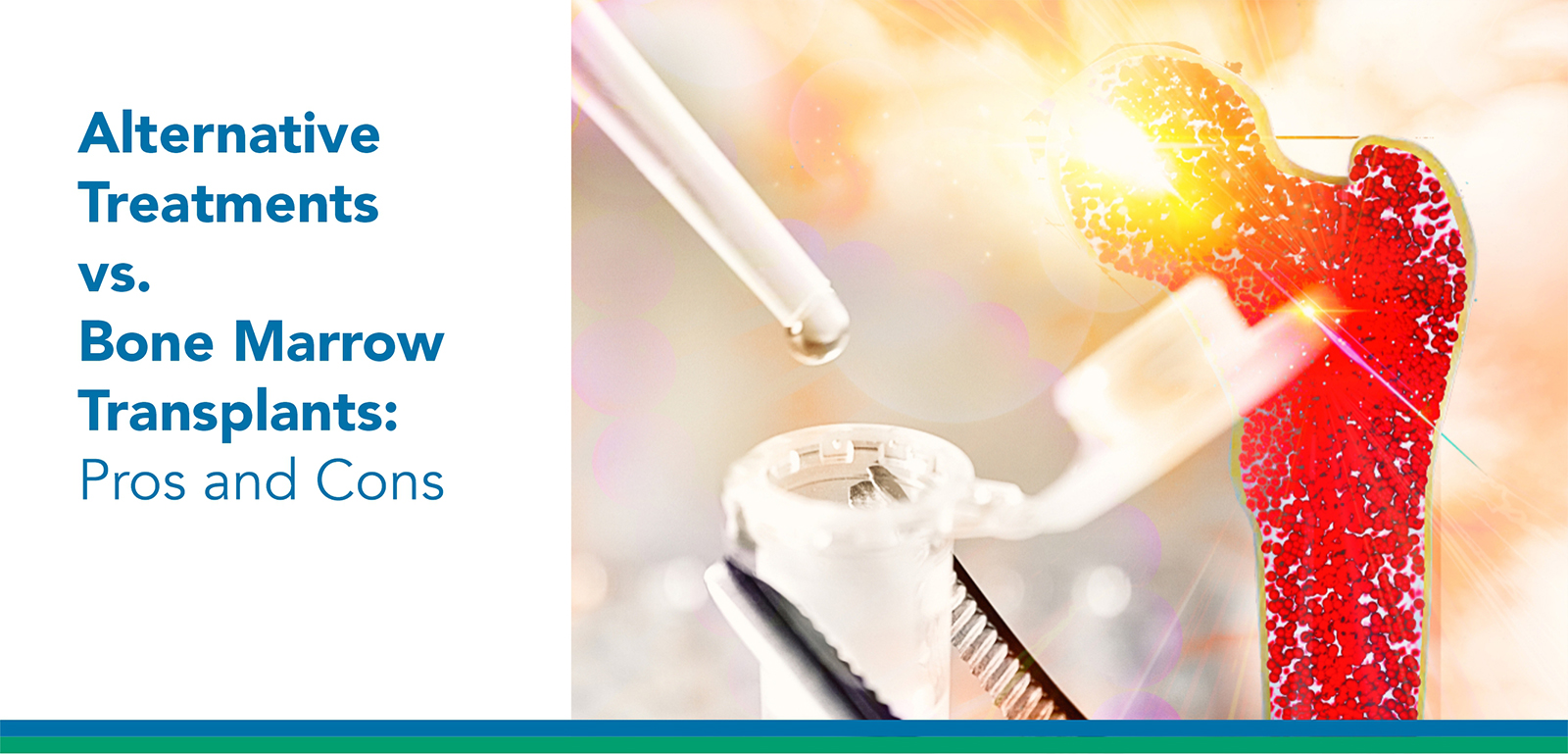Alternative Treatments vs. Bone Marrow Transplants: Pros and Cons

When faced with a serious illness like leukaemia or certain genetic disorders, individuals often find themselves at a crossroads, weighing the benefits and drawbacks of alternative treatments against the potential life-saving option of a Bone Marrow Transplant. This decision is crucial, as it can significantly impact one's quality of life and long-term prognosis. Here, we will delve into the intricacies of both approaches, shedding light on their respective merits and limitations.
Alternative Treatments: Exploring the Options
- Holistic Approaches encompass a diverse range of therapies, focusing on the whole person rather than just the ailment. These may include acupuncture, herbal remedies, and specialized diets tailored to support the body's natural healing processes. While often lacking empirical evidence, many individuals report improved well-being and symptom relief through such interventions.
- Immunotherapy stands at the forefront of modern medicine's innovative approaches to cancer treatment. This method harnesses the body's own immune system to target and eliminate malignant cells. Recent advancements have shown promising results, offering renewed hope for patients seeking alternatives to conventional treatments.
- Targeted Therapies take a precision medicine approach, identifying specific genetic or molecular abnormalities within cancer cells. By homing in on these unique characteristics, treatments can be customized for maximum efficacy while minimizing side effects. This approach holds great promise in certain cases.
The Pros of Alternative Treatments
- Reduced Side Effects: Compared to aggressive treatments like chemotherapy, alternative therapies often yield fewer and less severe side effects, promoting a higher quality of life during treatment.
- Personalized Care: Many alternative treatments are tailored to the individual, acknowledging the uniqueness of each person's biology and circumstances.
- Enhanced Well-being: Holistic approaches focus on overall wellness, incorporating practices that can improve mental, emotional, and physical health.
Bone Marrow Transplants: A Definitive Intervention
A Bone Marrow Transplant involves the infusion of healthy stem cells into a patient's body to replace damaged or diseased marrow. This procedure is often the go-to option for conditions where the bone marrow's ability to produce healthy blood cells is compromised.
1. Allogeneic vs. Autologous Transplants
In allogeneic transplants, stem cells are sourced from a compatible donor, typically a close family member or matched unrelated donor. Autologous transplants, on the other hand, utilize the patient's own harvested cells. Each approach has distinct advantages and considerations.
2. Potential Complications
Bone marrow transplants, while lifesaving, are not without risks. Graft-versus-host disease (GVHD), where the donor cells attack the recipient's tissues, and infections due to a weakened immune system are significant concerns.
3. Long-term Recovery
The recovery process post-transplantation can be lengthy and demanding. Patients often require close monitoring, immunosuppressive medications, and may face lifestyle adjustments.
The Pros of Bone Marrow Transplants
- Curative Potential: For many conditions, a successful transplant offers the possibility of a complete cure, providing a chance at a healthy, disease-free future.
- Established Success: In cases where alternative treatments may have limited efficacy, bone marrow transplants have a well-documented track record of success.
- Critical for Certain Conditions: Conditions like severe aplastic anaemia or certain types of leukaemia often necessitate a bone marrow transplant for a realistic chance at survival.
Navigating the Decision-Making Process
When standing at the crossroads of alternative treatments and a bone marrow transplant, seeking guidance from medical professionals is paramount. At Sterling Hospitals, Sindhu Bhavan, patients have access to some of the best doctors in Sindhu Bhavan with extensive experience in both treatment modalities. Their expertise can provide invaluable insights tailored to individual cases.
Conclusion
In the realm of medical decision-making, there is rarely a one-size-fits-all approach. The choice between alternative treatments and a Bone Marrow Transplant hinges on a multitude of factors, including the specific diagnosis, overall health, and individual preferences. By weighing the pros and cons of each option, in consultation with experienced healthcare providers, individuals can embark on a path that offers the best possible outcome for their unique circumstances.





